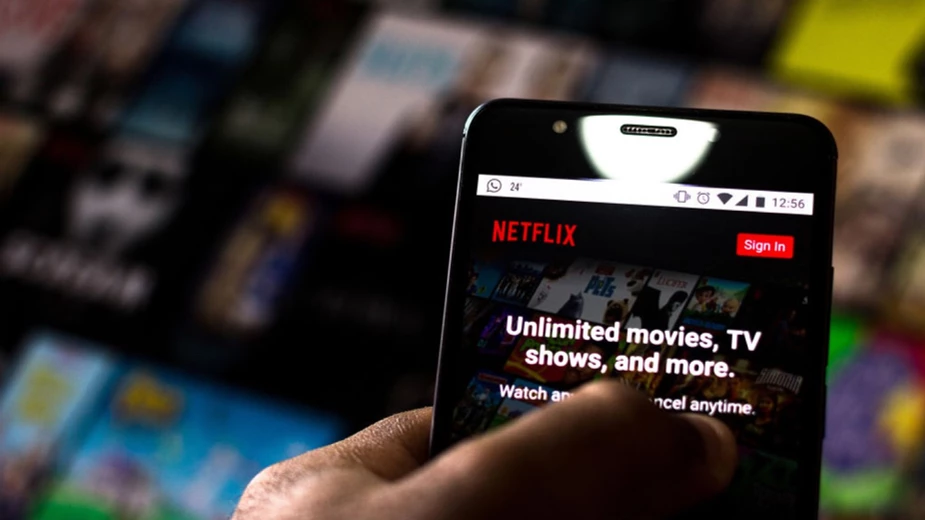Wireless Operators Need to Start Thinking About Internet Data Rationing

Earlier today, March 19th, 2020, something unprecedented happened. Reuters reported the first ever case of a government taking steps to effectively ration the public’s access to internet bandwidth by asking a corporation to restrict usage. The weight of this action seems to have been missed almost everyone I have seen report on the event.
Concerned about internet congestion and the available data bandwidth in the European Union, EU Industry Chief Thierry Breton asked Netflix to implement streaming restrictions. This is almost certainly the result of a spike in streaming services because many families are quarantined in their homes due to COVID-19. These restrictions aimed to cut the amount of traffic going through main EU pipelines, hoping to free up bandwidth for other data sources. Imagine if someone’s 4K movie stream was blocking resources needed to send data from a medical lab to vaccine collaborators? While this might be an extreme example, it is obvious that communication plays a critical role in times of crisis, and government officials around the world should be concerned about rationing data packets in the same way they are worried about rationing food and other essential resources.

So, what happens if we run out of data bandwidth on our wireless networks?
There are a small number of solutions (like the one we have built at Teal Communications) that can pivot users across core and signaling networks to help alleviate bandwidth strains. But what about public MNOs (Mobile Network Operators) themselves? Each wireless operator packet core connects devices through a complex world of internet pathways. The operators themselves are simply not built to move devices across several signaling or packet networks in order to adapt and intelligently allocate traffic based on available bandwidth. This is a massive concern in a time of crisis.
Here in the United States, the FCC has allocated temporary emergency spectrum to T-Mobileand Verizon, but it will likely take them time to implement that spectrum. Furthermore, the additional signaling spectrum only impacts how much data can pass through the air, but it does nothing to alleviate data packet bandwidth issues like the EU is dealing with. What we are left with is many questions about how US wireless networks would react to a similar shortage of internet bytes. Does the FCC have direct visibility into the data packet load of the wireless operators? How will operators adapt to a sudden spike in internet consumption during a crisis? These questions are core to why wireless operators need to start thinking about the very real possibility of internet data rationing.
Recent Posts
The Future of Connectivity Is Open and Free.
Teal Communications Staff2026-02-24T21:59:30+00:00
The Connectivity Gap That’s Leaving Your Surveillance Network Exposed
Teal Communications Staff2026-02-18T17:07:13+00:00
From Start Gate to Finish Line: Make Your Mission-Critical Systems 7x Faster
Teal Communications Staff2026-02-19T16:55:50+00:00




